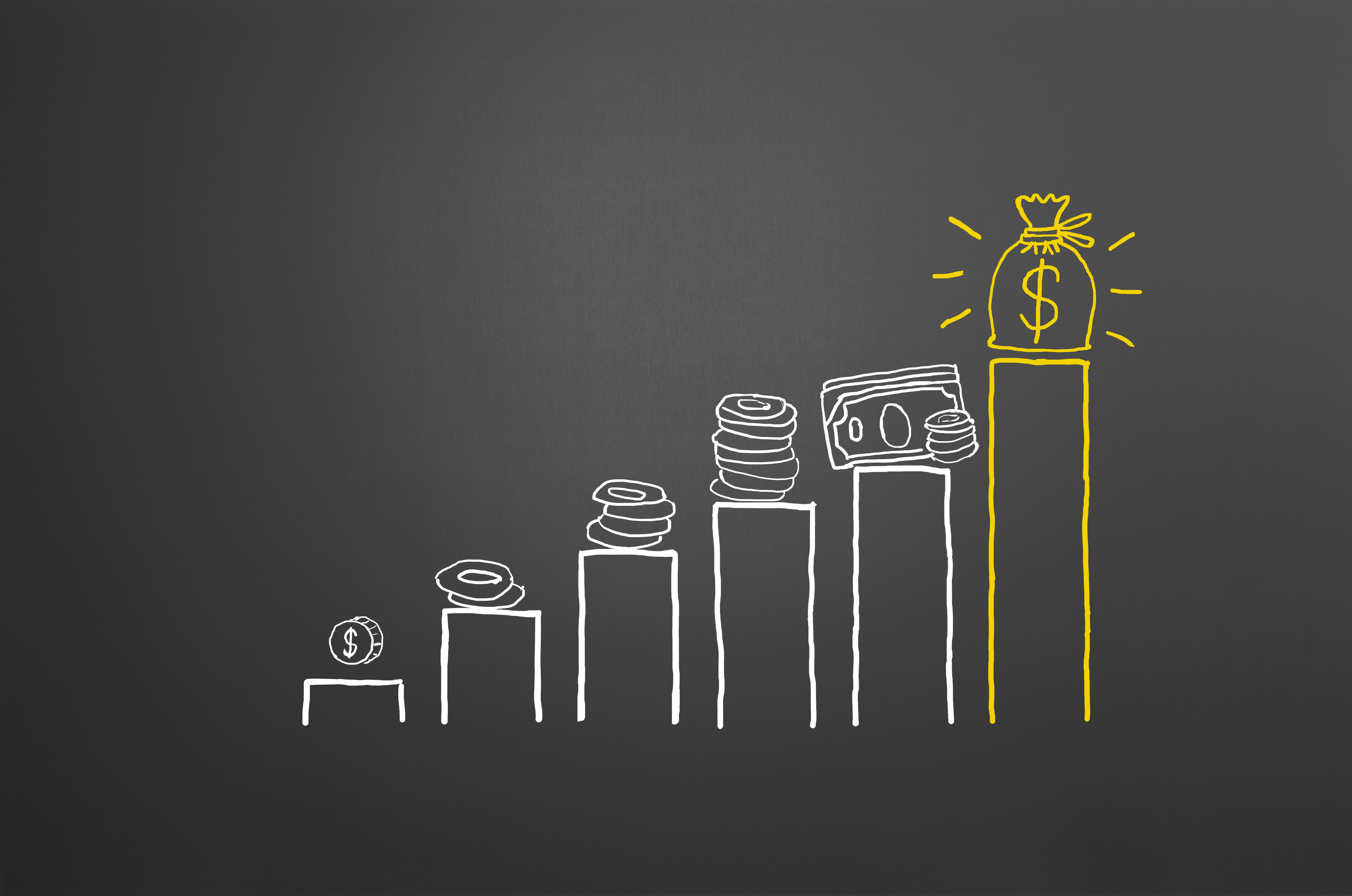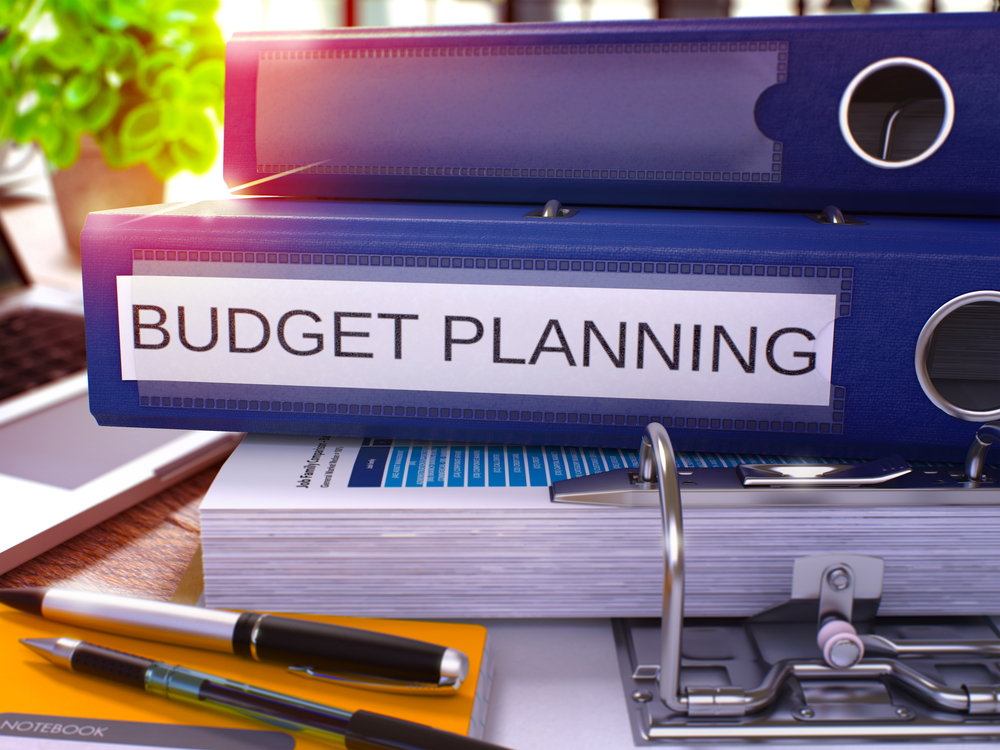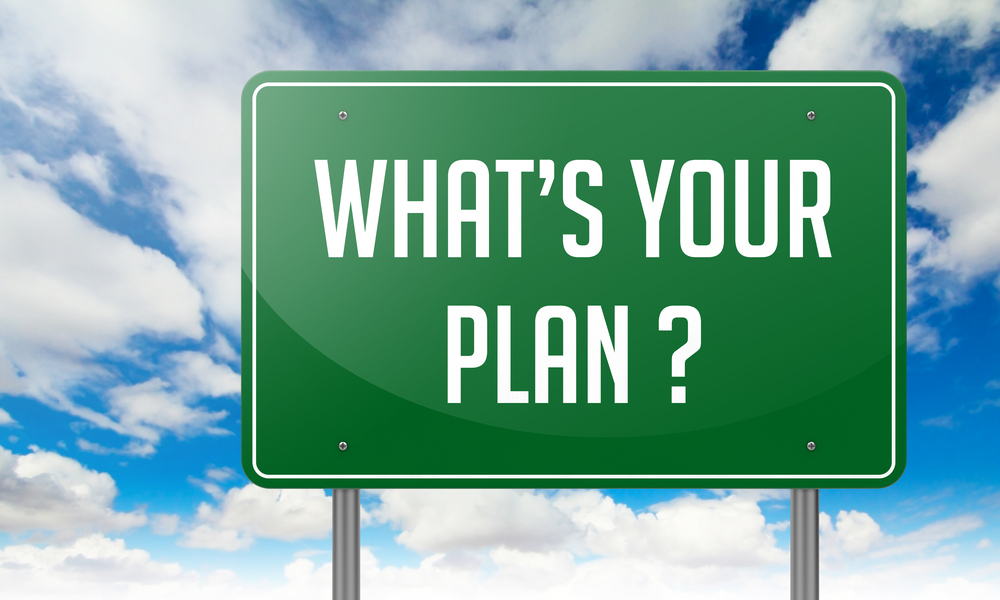The Four Tiers of Financial Stability
We all know what financial instability is like—living paycheck to paycheck, trying to figure out which bills can and can’t be taken care of this...
3 min read
 Chris Gottschalk
:
Mar 12, 2020 5:00:00 AM
Chris Gottschalk
:
Mar 12, 2020 5:00:00 AM

By now, it’s almost impossible not to have heard about the looming threat of COVID-19, a strain of coronavirus. You probably know that experts consider it an epidemic, if not a pandemic, although predictions vary widely about just how dangerous it is going to be. What you probably don’t know, though, is how to make sure you’re financially prepared for the COVID-19 epidemic.
While you may want to stock up on food, is your budget able to handle the increased spending? What happens if you get sick and have to miss several days of work? Can your retirement funds handle the seismic shifts of the stock market?
An event like an epidemic is similar to other large life events. You can minimize the disruption to your day-to-day life, but you need to have a plan.
Many people are stocking up on groceries like they’re expecting to be snowed in for a month. While you don’t need to go that far, you will want to have some extra groceries should you be quarantined, especially canned goods, frozen entrees and meals that are easy to make. You should also ensure you have adequate cleaning supplies to reduce your chances of spreading the coronavirus at home.
This is going to amount to a hefty grocery bill, though, so you should make sure your budget can handle the added expense. The first step is to figure out how much extra you want to spend.
 Make a grocery list and price out each item. Don’t forget supplies! If you don’t have the exact price, come up with your best guess.
Make a grocery list and price out each item. Don’t forget supplies! If you don’t have the exact price, come up with your best guess.
Once you’re done, total up all the items. Now, all you have to do is go through your budget and reduce the other categories in your budget in order to handle the increased expense to your grocery budget.
For instance, you might want to cut back on buying entertainment items, or you might not want to eat out as much this month. Of course, you might not want to eat out much anyway in order to limit your chance of catching the virus.
In addition to stocking up on groceries, you’ll also want to put as much money into your emergency fund as possible. Unfortunately, medical care is very expensive, and even if you have good medical insurance you can end up with a medical bill for thousands of dollars if you need to go to the hospital.
Again, go through your budget and look for any temporary cuts you can make for the month. If you’re getting a tax refund this year, you might also want to think about putting it all into your emergency savings account.
The biggest fear about the coronavirus isn’t whether you’ll have enough groceries, it’s what will happen if you get sick. While the media has definitely over-hyped the deadliness of COVID-19, it does have a higher fatality rate than an influenza virus (around 3% compared with influenza’s 0.5%), so you’ll want to take the disease seriously.
 However, if you do get sick, the more likely outcome is that you’ll be out of action for anywhere from two weeks to six weeks, depending on the severity of the disease. You might even have to go to the hospital. These outcomes won’t kill you, but they will eat up all of your sick leave and paid time off. You will also have to deal with the fact that your employer likely won't pay you for any days you’re absent after you’ve used up your paid time off.
However, if you do get sick, the more likely outcome is that you’ll be out of action for anywhere from two weeks to six weeks, depending on the severity of the disease. You might even have to go to the hospital. These outcomes won’t kill you, but they will eat up all of your sick leave and paid time off. You will also have to deal with the fact that your employer likely won't pay you for any days you’re absent after you’ve used up your paid time off.
Fortunately, if you have a budget and at least a month of emergency savings you should be okay. Again (and this bears repeating), CHECK YOUR BUDGET. Make sure you know how much you’ll need to spend in a month. If you don’t have a budget, now is the time to make one.
You should also review your health insurance coverage. Make sure you know what your deductibles are and keep that money in reserve, just in case.
If you don’t have a lot of money in your emergency savings fund, you’ll need to start thinking ahead. Slash any luxury categories in your budget, from entertainment to clothes to eating out, and put that money in your savings account. It probably won’t be enough to cover a month of living expenses or a medical bill, but anything is better than nothing.
After that, you should look into borrowing options. If you can get a low interest credit card, do it, but make sure not to use it unless you have absolutely need to.
You might also want to talk with a loan advisor about taking out a personal loan. You can use personal loans for anything from medical expenses to living expenses, and while they’re not ideal, at least they can keep you from accumulating debt until you’re ready to get back on your feet.
While you can’t control the COVID-19 epidemic, you can minimize the disruption to your life. All you need to do is plan ahead, stick to your budget and maximize your savings.
You can also minimize the financial disruption to your life by becoming a member of First Alliance Credit Union today. We offer several financial vehicles to help you maintain and grow your savings, from traditional savings accounts to Certificates of Deposit (CDs). We also offer personal loans to help you get through difficult times, up to an including debt consolidation loans.

We all know what financial instability is like—living paycheck to paycheck, trying to figure out which bills can and can’t be taken care of this...

Financial stress in Olmsted County is skyrocketing, according to a recent report put out by the Olmsted County Community Health Improvement Plan. One...

For most of us, 2020 is a year most of us are only too happy to be done with. It’s been 12 long months of disease, disasters and strife, but 2021 is...